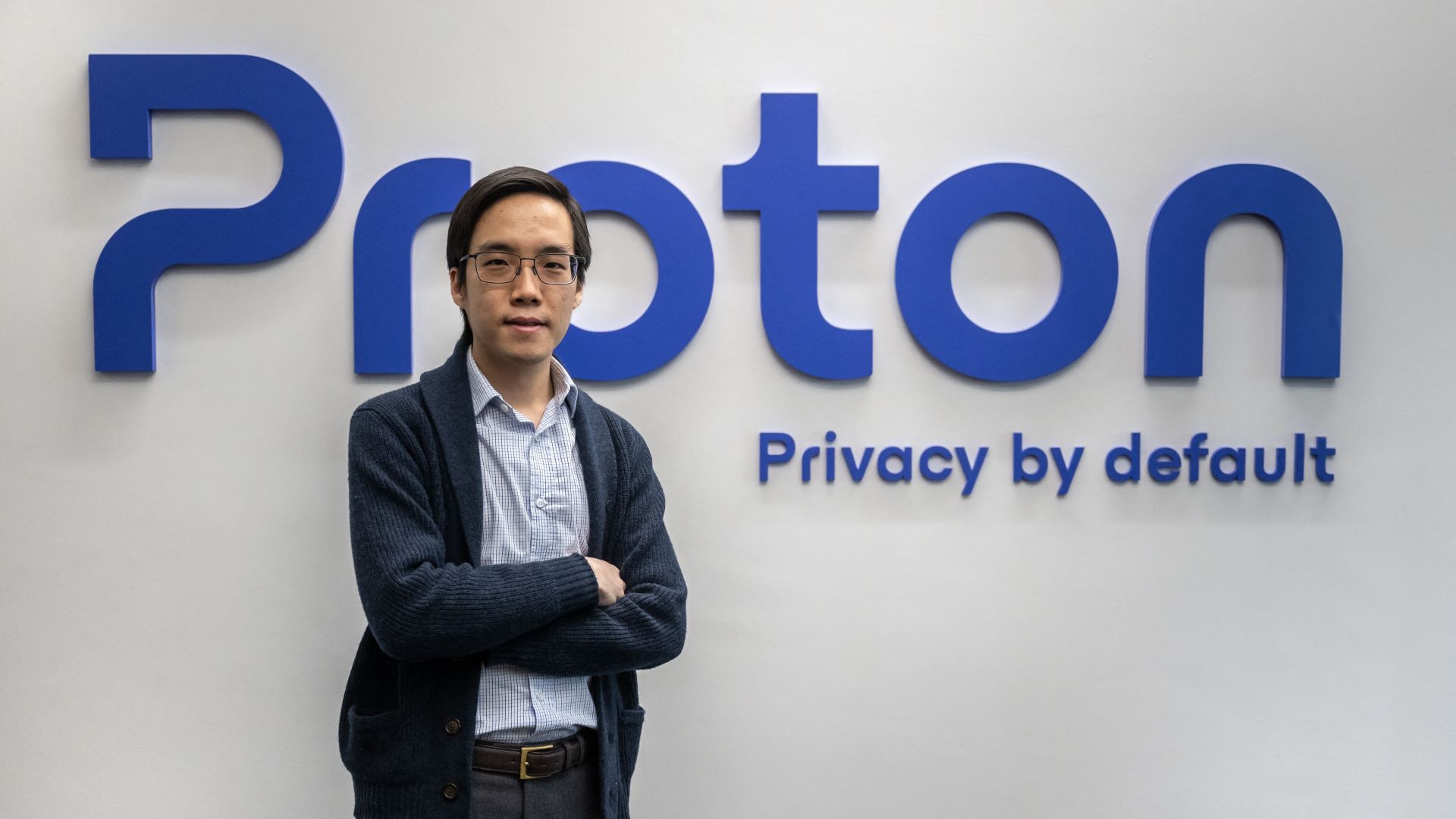How businesses can take advantage of the AI agent boom
To take advantage of agentic AI, businesses must prioritize specialization, trust, and human collaboration.

For the past year, a new technology has emerged on the horizon: AI agents. These newcomers promise much more than their chatbot predecessors, with more sophisticated conversation capabilities, the ability to perform more complex tasks, and the potential to learn and adapt, improving over time to understand the nuances of the business they are operating in.
It’s not surprising 2025 has already seen the launch of several high profile AI agents, including Manus AI, Oracle AI Agent Studio, and OpenAI Operator. Demand for these new agentic AI solutions is coming from both businesses and consumers.
For businesses, AI agents promise to improve tasks like recruiting employees, contacting potential sales leads, creating marketing content, and managing IT systems - as well as improving customer service and communication, which will in turn benefit customers. 70% of consumers are noticing that AI is improving self-service support, and 60% agree AI has made interactions with brands more efficient.
Many businesses are now looking to AI agents to deliver the return on investment they’ve been hoping to achieve with AI. How can they make this a reality?
Generic agents lead to underwhelming results
Organizations should be wary of blindly throwing AI at whatever issue their teams are facing. This includes implementing generic AI agents that are currently too unreliable and inflexible to be used as a blanket CX solution. The best AI agent for your organization will always be one that’s been designed to operate in your specific industry, and trained to do the specific job you want it to do.
For instance, a specialized ecommerce AI agent can be trained to understand the nuances of sizing charts so they can provide guidance to customers who are unsure about what size or item to choose. Or in the travel industry, a specialized AI agent can understand the complexities of booking policies or cancellation terms.
Generic AI agents will struggle with industry-specific terminology, processes, and regulations. Non-specialized AI agents might even provide incorrect information or send inappropriate responses to a customer. These mistakes massively threaten customer trust and have the opposite effect they are intended for, creating additional work for employees who are left to correct the AI agent’s missteps.
Trust is the ultimate differentiator
Gartner predicts that by 2028, 25% of enterprise breaches will be tied to AI agent abuses. In a world where AI agents are now being entrusted with personal and sensitive information about customers, clients, and patients, it’s essential for organizations to put in place transparent accountability protocols and regular audits.
Trustworthy and reliable industry-specific solutions are particularly crucial in areas like healthcare or financial services, where the stakes are high and agents are tasked with handling medical records, processing financial transactions, and providing recommendations that have a serious impact on users’ health, safety and economic wellbeing.
Organizations that prioritize trust - rather than taking a ‘move fast and break things’ approach - will set themselves apart. This means adopting ethical AI principles, securing robust data privacy measures, and fostering transparency.
Assistants, not free agents
A recent survey found 28% of employees are worried about their roles being replaced by AI. While this is a common concern, it’s far from the truth. AI agents are nowhere near capable of operating autonomously and without human engagement or supervision.
In their current form, AI agents serve best as collaborators or assistants, rather than standalone project managers. By taking routine tasks off employees’ to-do lists, AI agents free up human agents to focus on complex, specialist tasks, or come up with new ideas.
Again on the customer service side, when it comes to handling a new situation they haven’t experienced before - like a complex or emotional customer enquiry - this is also where human-AI teamwork is key. An AI agent doesn’t have the empathy required to handle an interaction like this alone, but it can act as an assistant to a human agent, for example automatically bringing up the customer’s history with the organization, any previous interactions, and any other information to enable the agent to provide the best possible customer support.
Slow and steady wins the AI race
Organizations' AI budgets aren’t likely to decrease any time soon: it’s predicted that by 2028, enterprises will spend $202.2 billion on AI and generative AI solutions worldwide.
Agentic AI offers a huge amount of potential to businesses that are prepared to implement them in the right way. Rather than diving into the deep end and spending lots of resources on the latest, shiniest solution, organizations should remember slow and steady wins the race.
This means getting the basics right first, building a tailored, specialized AI agent that will work for your organization's needs. It also involves testing, refining, and integrating new AI agent solutions into specific workflows, rather than blindly applying them across the whole business.
By combining a custom-built, ethical, and collaborative approach with thorough training across teams, organizations can unlock the benefits of AI agent technology, rather than being swept up by the hype.
We've featured the best AI website builder.
This article was produced as part of TechRadarPro's Expert Insights channel where we feature the best and brightest minds in the technology industry today. The views expressed here are those of the author and are not necessarily those of TechRadarPro or Future plc. If you are interested in contributing find out more here: https://www.techradar.com/news/submit-your-story-to-techradar-pro







































































































































































![[The AI Show Episode 145]: OpenAI Releases o3 and o4-mini, AI Is Causing “Quiet Layoffs,” Executive Order on Youth AI Education & GPT-4o’s Controversial Update](https://www.marketingaiinstitute.com/hubfs/ep%20145%20cover.png)











































































































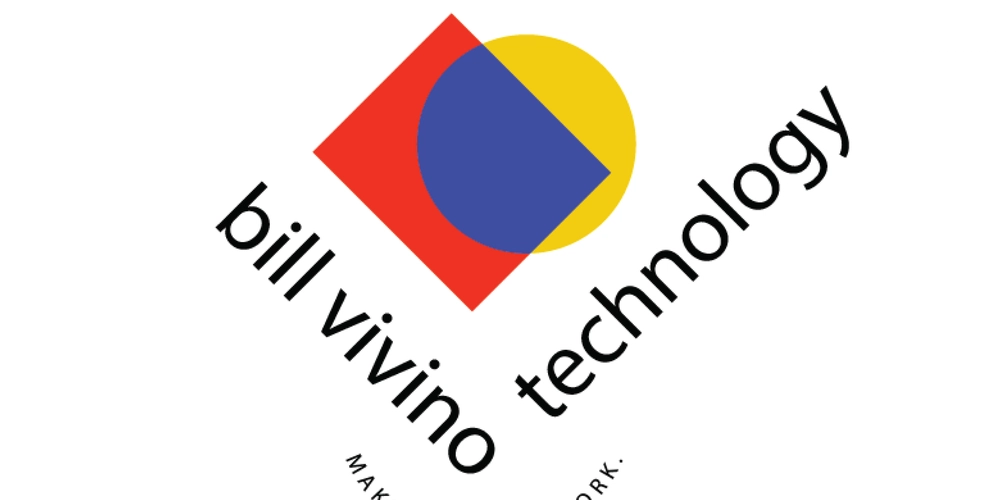
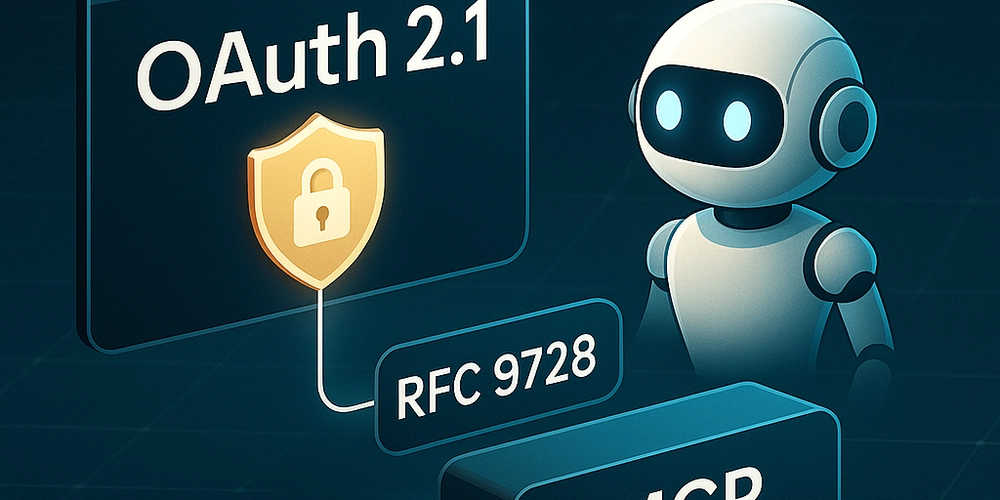




















![From Art School Drop-out to Microsoft Engineer with Shashi Lo [Podcast #170]](https://cdn.hashnode.com/res/hashnode/image/upload/v1746203291209/439bf16b-c820-4fe8-b69e-94d80533b2df.png?#)








































































































(1).jpg?#)






























_Inge_Johnsson-Alamy.jpg?width=1280&auto=webp&quality=80&disable=upscale#)






















































































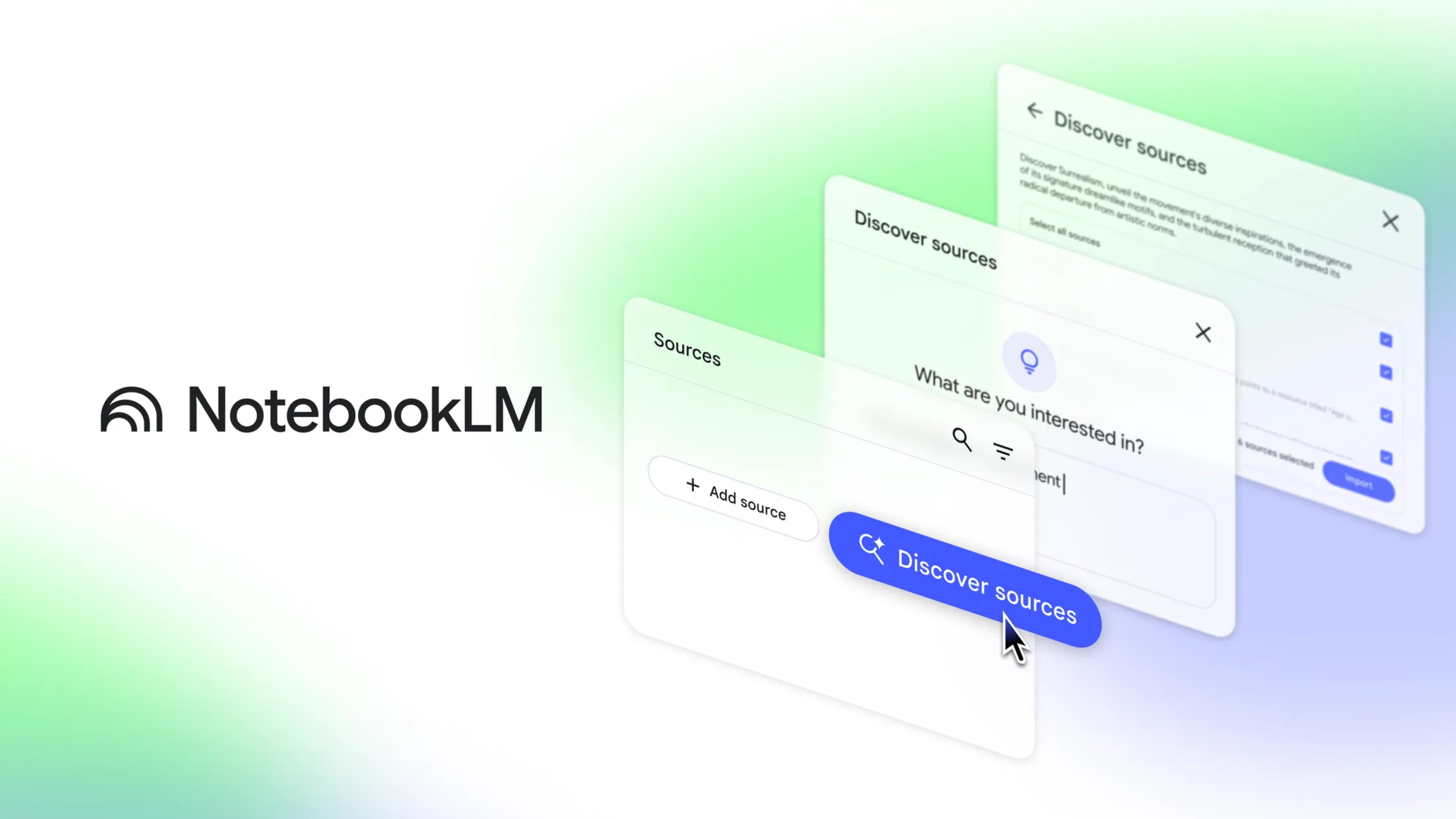



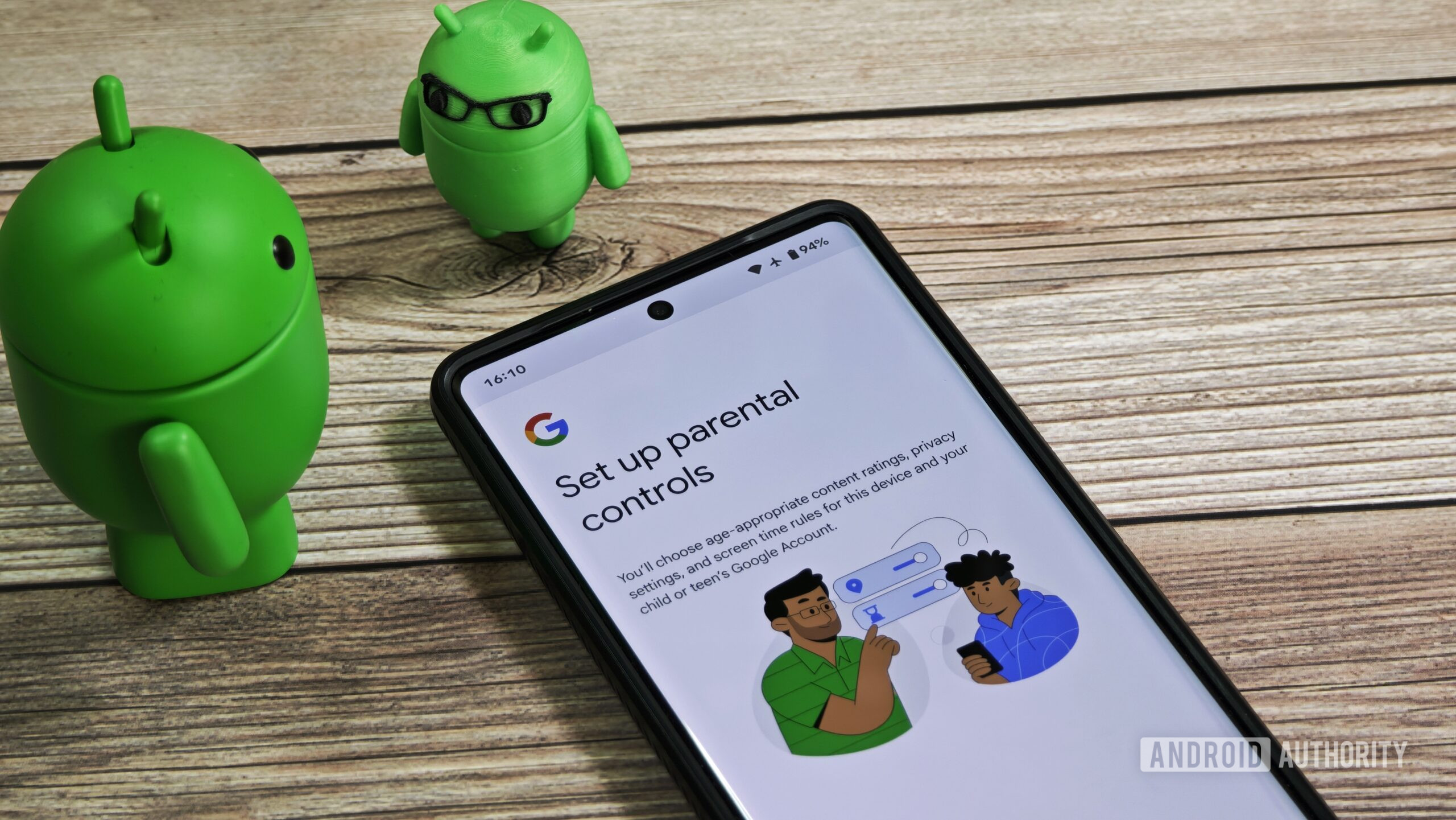


















![Apple Developing AI 'Vibe-Coding' Assistant for Xcode With Anthropic [Report]](https://www.iclarified.com/images/news/97200/97200/97200-640.jpg)
![Apple's New Ads Spotlight Apple Watch for Kids [Video]](https://www.iclarified.com/images/news/97197/97197/97197-640.jpg)


















































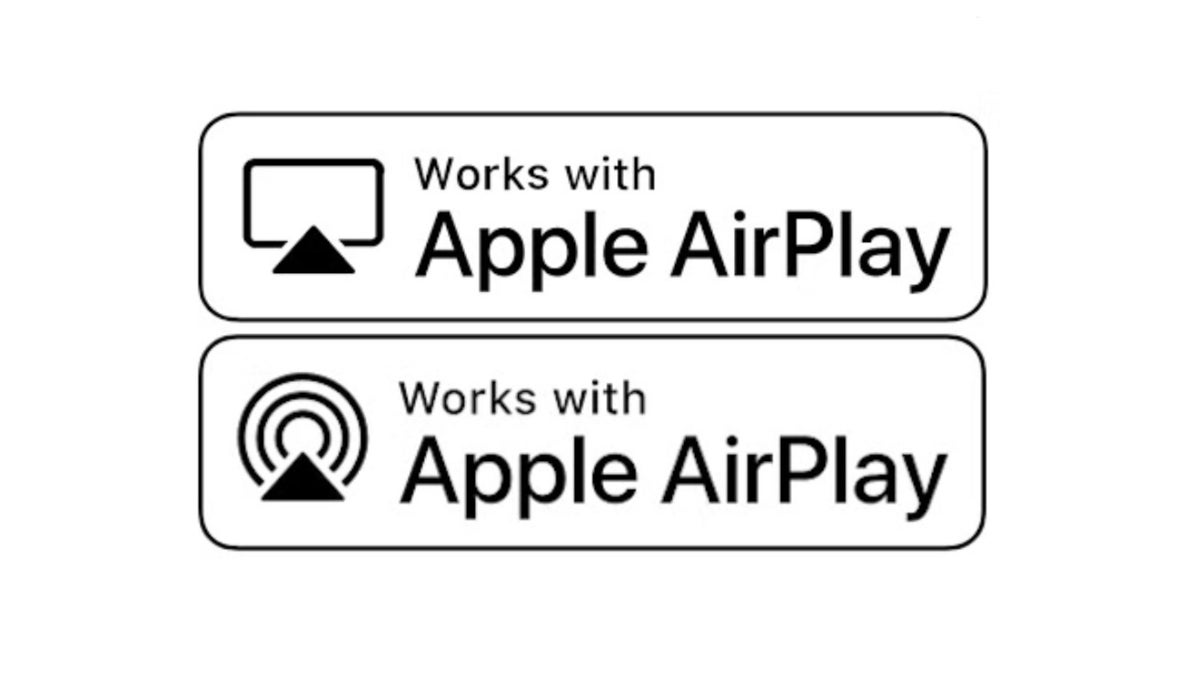





















![[Weekly funding roundup April 26-May 2] VC inflow continues to remain downcast](https://images.yourstory.com/cs/2/220356402d6d11e9aa979329348d4c3e/WeeklyFundingRoundupNewLogo1-1739546168054.jpg)



























